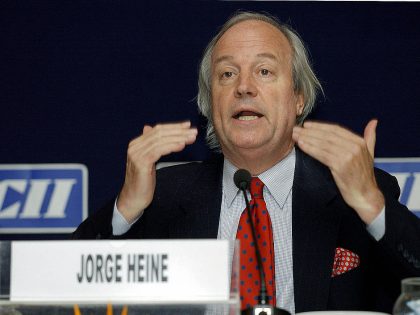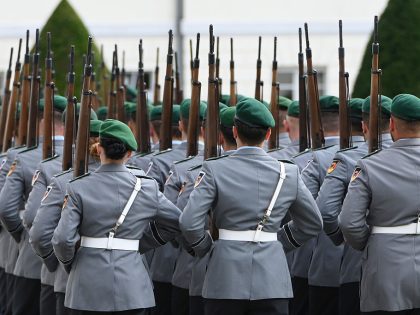
This Bastille Day, Narendra Modi Is Being Feted in Paris
Bastille Day is meant to be about freedom, equality, and brotherhood. But this July 14, Emmanuel Macron is rolling out the red carpet for India’s far-right premier — showing how little France’s military alliances conform to its supposed values.

















